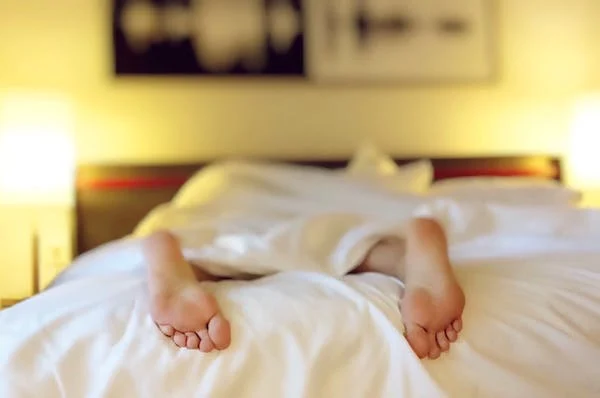Getting a good night’s rest is essential to maintaining good mental, physical, and emotional health, but this can be hard to achieve for some people, particularly those with sleep apnea. Treatment options for sleep apnea vary depending on the severity of the condition.
Mild symptoms may respond well to natural remedies like weight loss or a change in sleeping position. Some individuals with mild to severe sleep apnea require more substantial treatment. Find out more about natural treatments for sleep apnea and other methods to deal with it.
Natural Remedies for Sleep Apnea
Wearing an assistive breathing machine, known as a CPAP, also referred to as continuous positive airway pressure, is the holy grail for treating sleep apnea. Although a CPAP machine is highly reliable, some patients may experience displeasure while using it. Altering some aspects of your lifestyle may help treat sleep apnea symptoms.
Below are some ways of living that may help those of you that are struggling with sleep disorders: You can visit websites such as https://healthysleepmidwest.com/sleep-apnea-treatment-without-cpap/ to learn more about natural remedies for sleep apnea that do not include the use of a CPAP machine.
Take Care of Your Weight
Doctors frequently urge weight loss in patients with sleep apnea. Excessive weight, particularly in the upper body, might heighten the risk of airway blockage and constricted nasal flows. These blockages might induce sudden or prolonged cessation of breathing during sleep. If you suffer from sleep apnea, maintaining a healthy weight will help keep your airways open and lessen your symptoms.
Study shows that small weight loss in obese individuals can eliminate the need for upper respiratory tract surgery or long-term CPAP treatment. In some situations, losing weight helps cure sleep apnea. However, if you regain weight, the condition can reappear.
Avoid Alcohol and Smoking
Avoiding too much alcohol intake and smoking can relieve some of the symptoms associated with sleep apnea. Alcohol relaxes the throat muscles, which is much more disruptive to your regular breathing pattern if you suffer from sleep apnea. This disruption leads to snoring and an interrupted sleeping cycle. Tobacco usage triggers swelling and inflammation of the airways, worsening sleep apnea, and increasing snoring.
In fact, a study identified cigarette smoking as a significant risk factor for developing sleep apnea. The study also discovered that people who suffer from sleep apnea are most likely to smoke. In short, treating your sleep apnea can make quitting smoking much easier. For frequently asked questions on how to stop snoring without CPAP, you can read articles online to find other methods to treat sleep apnea.
Change Your Sleep Position
Everyone has a preferred sleeping position, but if you struggle with sleep apnea, switching to another position may really help. Sleep apnea is less likely to occur if you sleep on your tummy or side. However, if you sleep on your back, you are more likely to have issues.
Devices that attach to your back or waist can help you avoid resting on your back and eliminate the need for a CPAP machine. Discuss your body positioning and sleep apnea issues with your doctor to establish your treatment choices. Searching online for “sleep specialist near me” will produce precise findings if you are seeking a local doctor who can help you treat sleep apnea by altering your sleeping posture.
Ultimately
Certain lifestyle adjustments and natural remedies can help control and reduce sleep apnea symptoms. Traditional treatments, such as CPAP therapy, which is one of the most effective and widely used solutions for mild to severe sleep apnea, should not be disregarded. Before exploring any alternative ways, it is recommended that you discuss your options with your doctor. If your condition gets any worse, you should seek medical attention right away.


